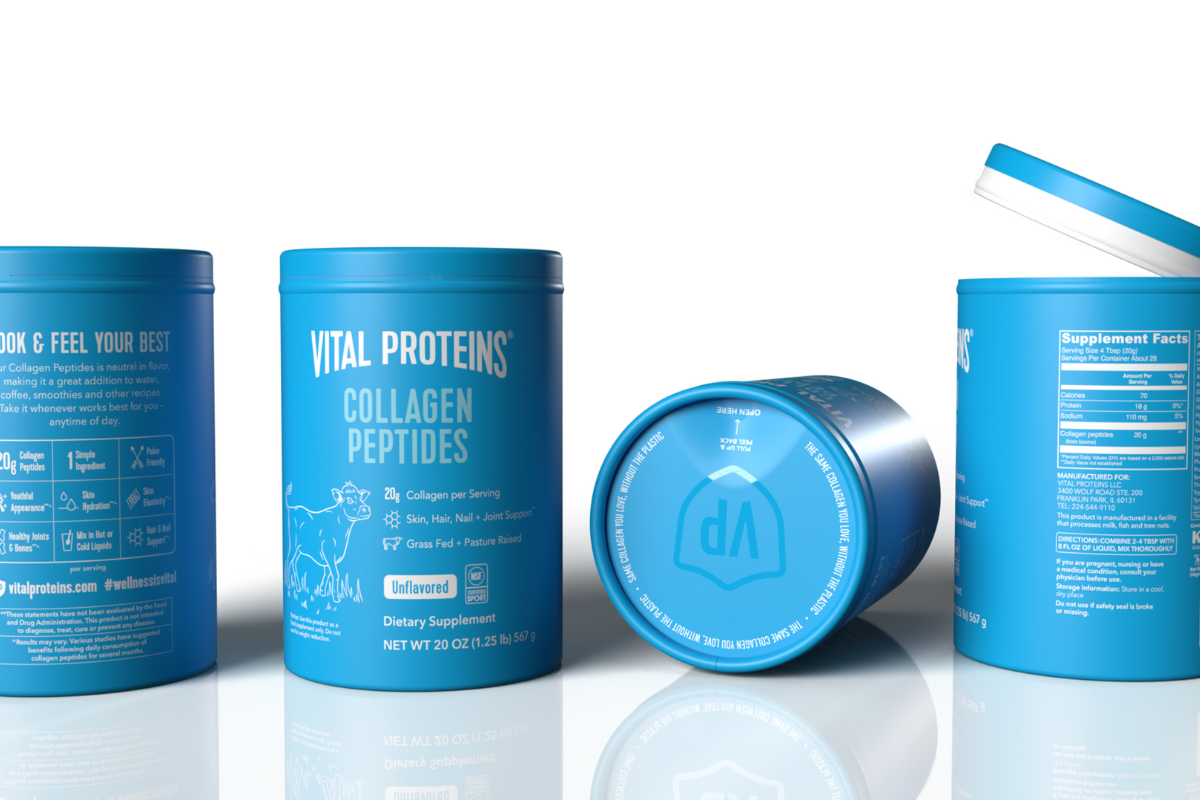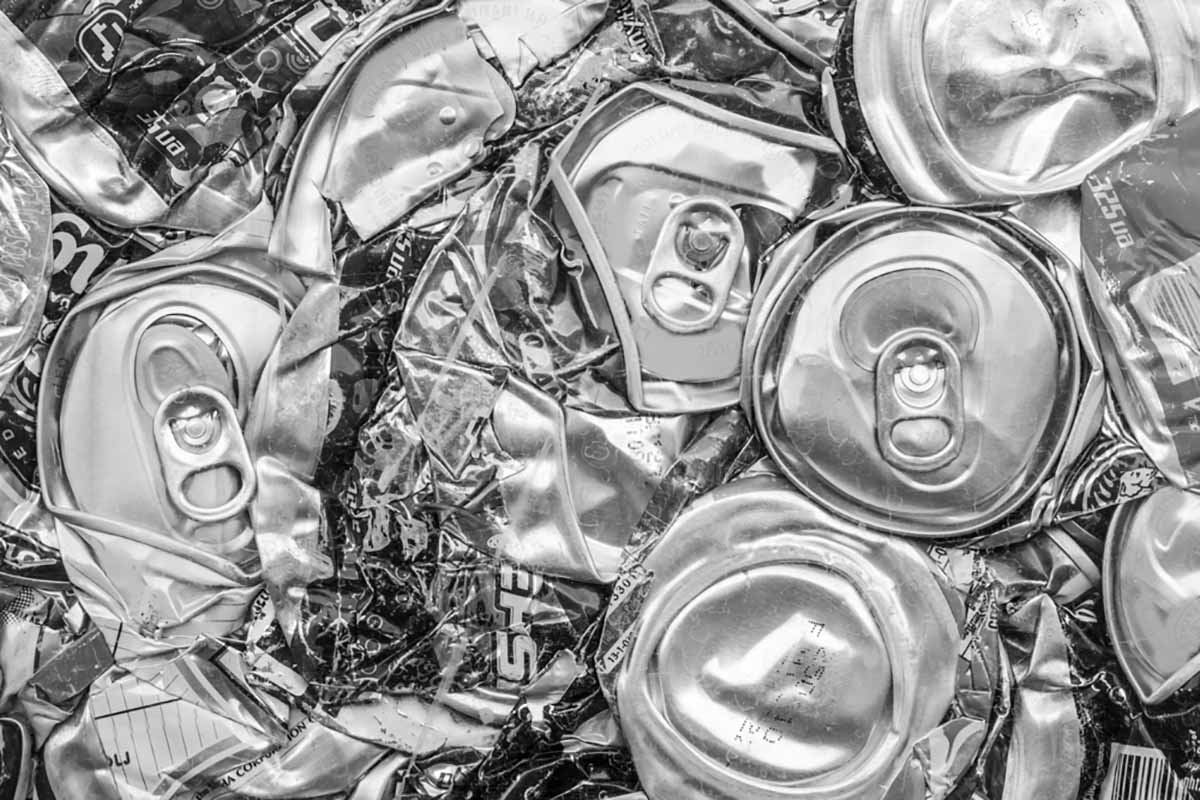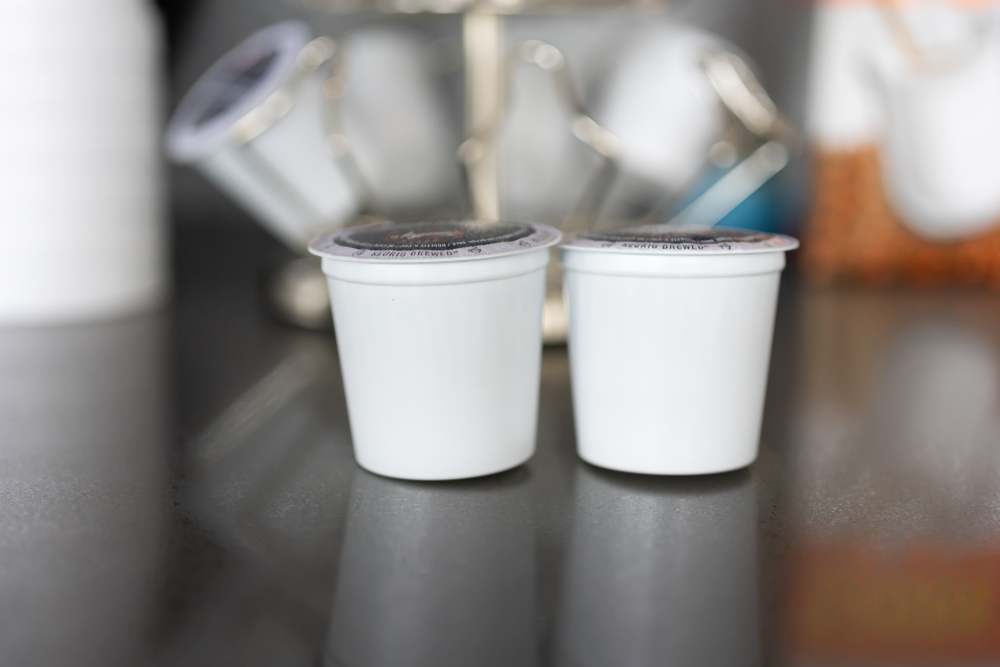
End users of recycled materials across several sectors have announced plans to shut down or relocate facilities of late. | Worradirek/Shutterstock
The latest earnings calls for recycled paper, glass and plastic end users and processors have brought facility closure and layoff announcements, at times contrasting with recent expansion plans. Continue Reading






 A key curbside plastic grade has reached prices it hasn’t seen in over three years, while mixed paper and OCC values are holding steady this month.
A key curbside plastic grade has reached prices it hasn’t seen in over three years, while mixed paper and OCC values are holding steady this month.